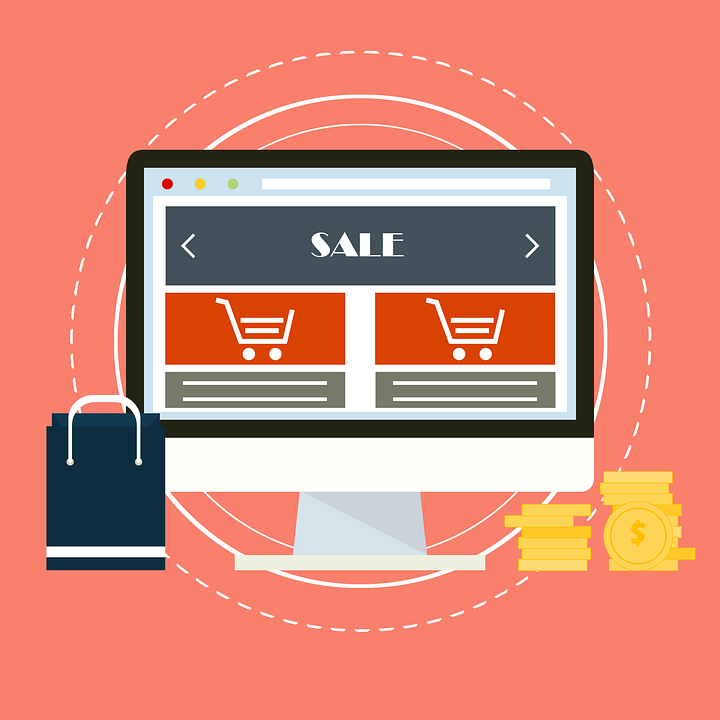Why Not All Customers Are Subjects to “Always Right” Position
1909 is the year when one of the most famous phrases of all times ‘The customer is always right’ has appeared. The author, Harry Gordon Selfridge, founder and owner of a department store in London, used this phrase to argue customers into the point that they will be served like kings and employees of the store by the same token promised that they would do all they could to satisfy their customers.
Much water has flowed under the bridges since then, and perhaps it is time to throw discredit on this dictum. Today it is clear that such approach can lead to worse customer service. So if you are a business owner, and do not want to support this ‘customer’s right’ position then rejoice! You are not alone and economists tend to agree with you.
Here are some reasons to support this point of view :
1. Such approach harms the productivity of the staff
The way an employer treats his people is extremely important as thereon hangs their wish to put the best leg forward and bend every effort for company’s success. Many customers when paying for certain service decide that they have a right to abuse workers of the service. And taking their side in the conflict with your employees makes your people vulnerable. Employees need to feel that they are protected and valued, so no tricky customer can spoil your relationship. Of course, one may say that such approach encourages lousy customer service, however, it turns out that if the employer always takes side of the customer, the repercussions are much worse than in the sound solving of the problem.
2. It over complicates work of the staff
Abusive people take this slogan to their advantage demanding additional service that employees should not provide. And due to this slogan workers try to satisfy excessive demands, for the most part neglecting needs of nicer costumers.
3. You can fire a customer, yes
There is no excuse to disrespect and rudeness towards employees of your business and no matter how much money such customer can bring to the company. So when the customer keeps complaining about your service but still uses it, feel free to fire him – save time and nerves, yours and your staff. There is no need to worry as long as your business offers high quality services –you will always have customers.
4. You get better results at work
Treat your people as you wish them to treat your customers. Satisfy all their needs and protect their rights and dignity. And that will motivate your employees to work harder and care about customers. Otherwise, you will show your staff that they are not important for the company and they have to tolerate disrespectful behavior from clients.
5. If the customer is wrong, then your business is better off without him, honestly
There are situations when clients are definitely wrong, for example, when abusing others or infringing on their rights. Providing services to such buyers will result in the rundown of appropriate customers.
As for the companies that offer online writing services like 10 page papers.com, the situation is brighter. Students come for help and they know what they are searching for. For example, if they need custom academic papers, then they place an order at the website and discuss it with the writer. All writers of the service are qualified and eager to help, more than that, after completion of each order students leave feedback for their work, so they are motivated to be customer-friendly.
If there is any problem, the friendly Support team helps to solve the issue and as the company tends to be customer-oriented, members of Support team work 24/7 to be in touch with customers in need. So any client can communicate with the writer or member of the Support team using convenient means of communication and at any time. The support team is always able to get across even with the most carping customer, yet, they also do not tolerate rudeness or abusiveness. Writers there are masters of their craft, their works are highly evaluated by students worldwide so they know their own value. Managers of the service are always ready to hear an appeal if there is something wrong with the order, still, they always make fair verdicts.
Read More :






















